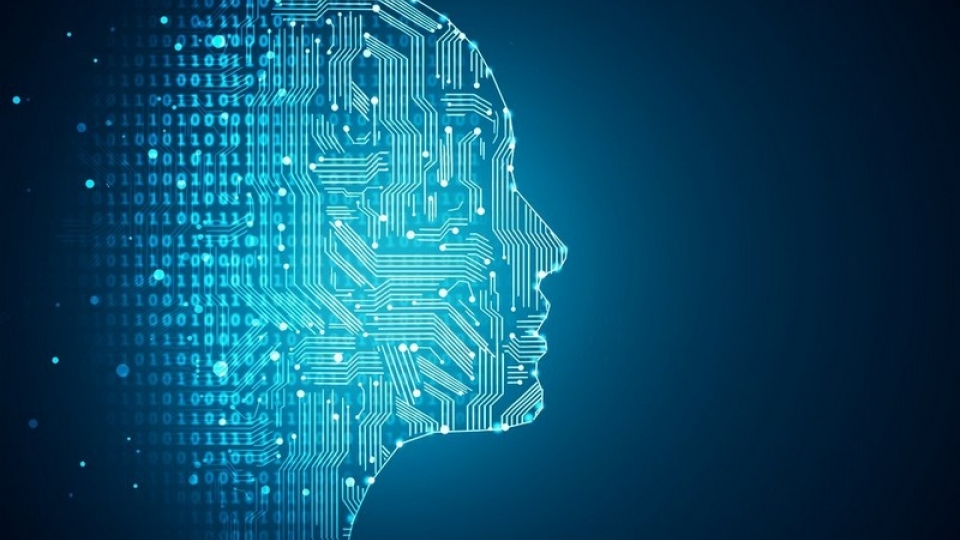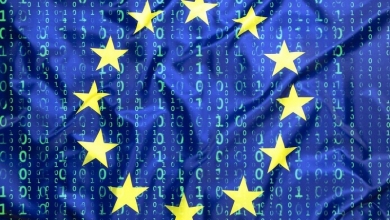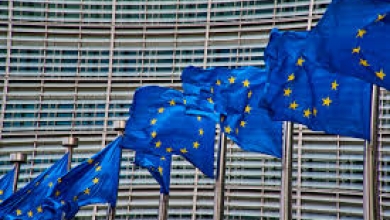
The European Commission recognises AI as one of the 21st century’s most strategic technologies and is therefore increasing its annual investment in AI by 70% as part of the research and innovation programme Horizon 2020, reaching €1.5bn for the period 2018-2020. The Commission aims to foster cross-border cooperation and work with all players to increase public and private investments to at least €20bn annually over the next decade. As a global programme, it is not limited to companies in the EU.
It agrees that AI can help in a number of industries, but says AI applications should not only be consistent with the law, but also adhere to ethical principles. The ethical dimension of AI is not a luxury feature or an add-on: it needs to be an integral part of AI development. The Commission has now published a European strategy and says Europe’s approach to Artificial Intelligence shows how economic competitiveness and societal trust must start from the same fundamental values and mutually reinforce each other.
To this end, the Commission has set up a high-level expert group on AI aiming to represent a wide range of stakeholders (Member States, industry, societal actors and citizens) and has tasked it with drafting AI ethics guidelines as well as preparing a set of recommendations for broader AI policy. According to the guidelines, three components are necessary in order to achieve ‘trustworthy AI’: (1) it should comply with the law, (2) it should fulfil ethical principles and (3) it should be safe and technically robust since, even with good intentions, AI systems can cause unintentional harm.
By stepping up investment at the European level, preparing a framework of future actions, and supporting efforts of Member States to prepare for the changes and build trust in human-centric AI, Europe and its citizens should be able to shift perspective ´from fear to opportunity´. They will also be equipped to take advantage of AI and use it to co-create a society full of opportunities.
Horizon 2020 is the largest multinational programme dedicated to research and innovation, and it is ‘Open to the World.’ This means researchers, universities, research organisations and companies from across the globe can apply to participate in the activities of the Work Programme, carried out mainly through calls for proposals.
Around €2.6bn over the duration of Horizon 2020 programme will be spent on AI-related areas (including in robotics, big data, health, transport, future and emerging technologies). There is also €27bn through European Structural and Investment Funds on Skills development out of which the European Social Fund invests, €2.3bn specifically in digital skills.


